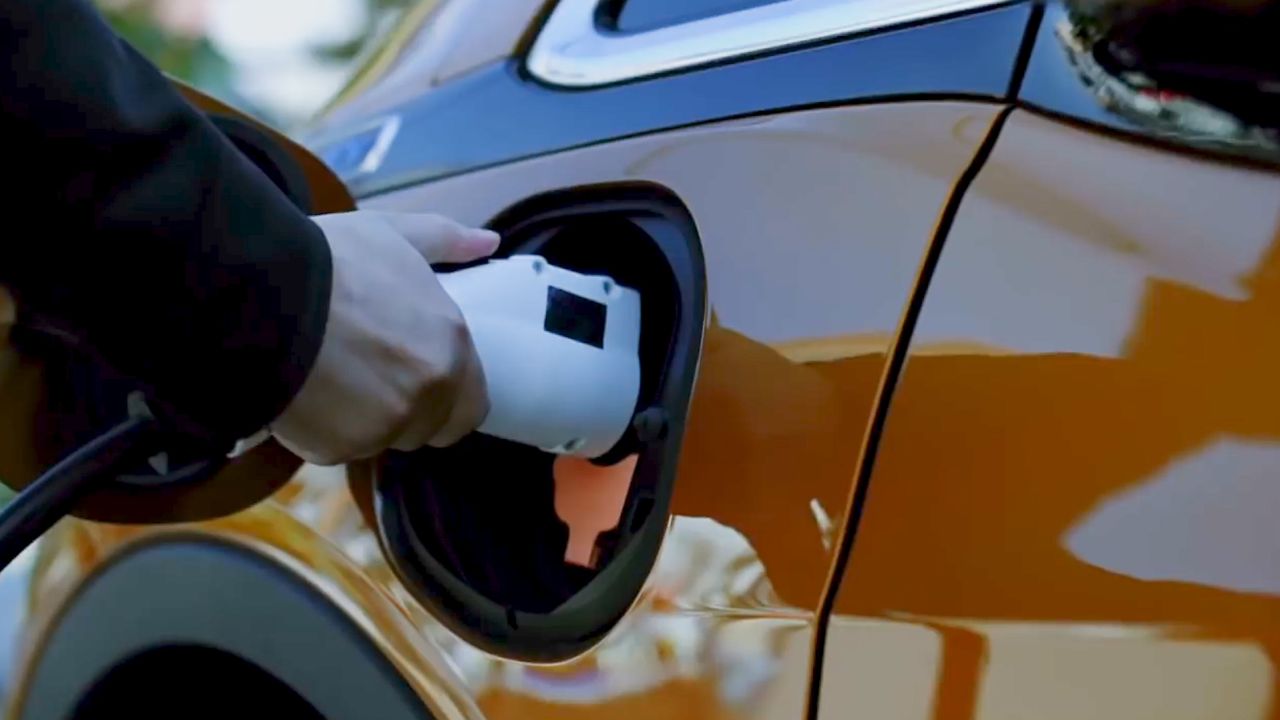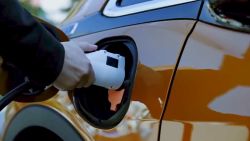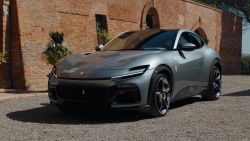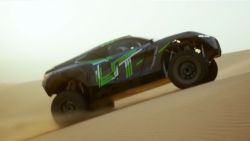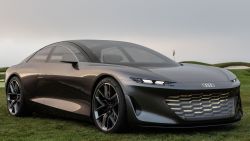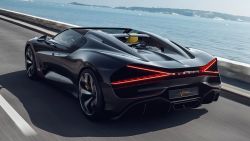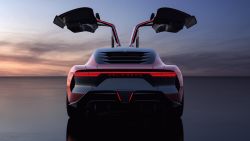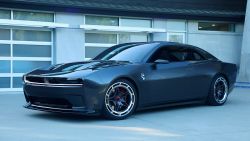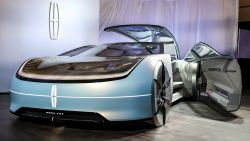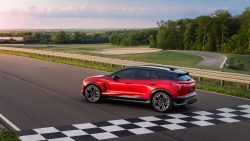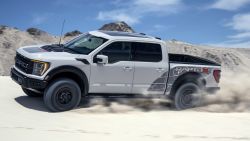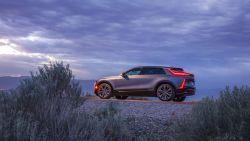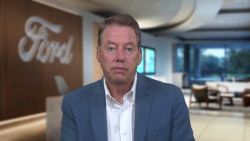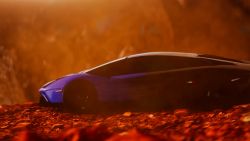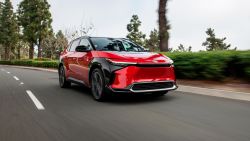The Justice Department has opened an antitrust investigation into four major automakers who have rejected the Trump administration’s relaxed air pollution and mileage regulations.
The four automakers — Ford (F), Honda (HMC), Volkswagen and BMW — agreed in July to meet the tougher standards set by the California Air Resources Board rather than the Trump administration’s rules, which would roll back standards put in place under former President Barack Obama.
Although the California rules would require automakers to build more costly cars, they gave the companies an advantage: The automakers would have to meet only one national standard, rather than one weaker standard for most of the country and one tougher standard for California and 13 other states that follow its rules. Those 14 states account for about 40% of the US population.
The automakers also face even tougher emission rules from overseas auto regulators, some of which would require all cars to be electrified in the future. Those rules, and predictions that customers will move toward electric vehicles, has prompted all automakers to invest in expensive research and development, including efforts to build electric cars.
But the deal between the automakers and California clearly angered President Donald Trump, who lashed out at the automakers in a number of tweets last month following their deal.
In a series of other tweets, he suggested Ford founder Henry Ford would be “rolling” in his grave due to the “weakness” of auto executives agreeing to California’s standards.
Even the Obama administration, which put in place rules requiring more fuel efficient cars, conceded the purchase price would be higher as a result. But it argued that the savings in fuel costs over the life of the car would make the more efficient cars less costly overall.
The investigation was first reported Friday by the Wall Street Journal. The Justice Department did not immediately comment on the report, but several of the automakers confirmed they had been contacted. And the EPA and Transportation Department went on record Friday opposing the deal.
“We have received a letter from the Department of Justice and will cooperate with respect to any inquiry,” said Ford. Honda and BMW had similar comments. Only VW did not confirm the investigation.
The California Air Resources Board, or CARB, announced the deal with the automakers on July 25, and called on other automakers to agree to it as well.
“California, a coalition of states, and these automakers are leading the way on smart policies that make the air cleaner and safer for us all,” said California Governor Gavin Newsom at the time. “I now call on the rest of the auto industry to join us, and for the Trump administration to adopt this pragmatic compromise instead of pursuing its regressive rule change. It’s the right thing for our economy, our people and our planet.”
But the Trump administration is challenging California’s right to set standards that are tougher than federal rules. The EPA and DOT wrote to California officials Friday demanding that they end the deal with the automakers.
“This framework agreement appears to be inconsistent with Federal law,” said the letter. “Congress has squarely vested the authority to set fuel economy standards for new motor vehicles and nationwide standards for vehicle emissions with the Federal government, not California or any other state.”
The California Air Resources Board did not immediately respond to a request for comment on Friday.

